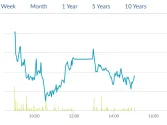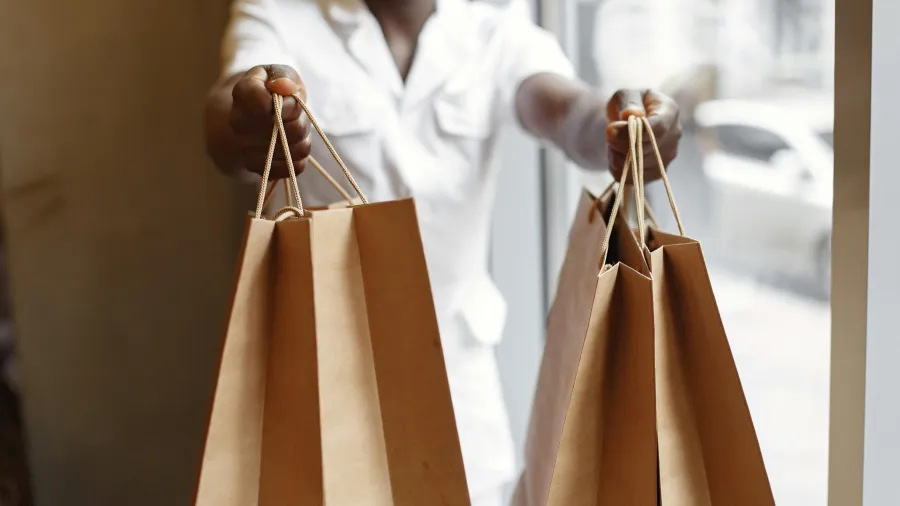
Nearly 7 in 10 Australian consumers consider return policies when buying
72% are returning more products due to financial constraints.
Return policies are becoming increasingly crucial in Australian retail, with 69% of consumers consider a store’s return policy when making purchasing decisions.
According to a study by Manhattan Associates Inc, 72% of Australians are returning more products due to financial constraints.
"Australian consumers are more selective than ever," said Raghav Sibal, managing director, Australia & New Zealand for Manhattan Associates.
"With tighter budgets and the financial reassessment following the post-End of Financial Year (EOFY), they are less inclined to keep items that do not meet their expectations, making a retailer's return policy a critical factor in their purchasing decisions,” he added.
The study also found that 40% of consumers research return policices before buying, reflecting a heightened awareness and expectation for straightforward return processes.
With physical store foot traffic declining, retailers have a chance to boost in-store sales by promoting in-person returns. 65% of consumers report higher satisfaction with in-store returns, suggesting that this approach could enhance customer loyalty and drive sales. Charging for online returns may also encourage customers to visit physical stores. Additionally, the rise of ‘click and collect’ services, favored by 36% of consumers, shows the benefits of merging online convenience with in-store interactions.
The report noted that a positive return experience is critical for fostering long-term customer loyalty, with 91% of respondents indicating they are more likely to return as repeat customers if the return process is handled well.
"Returns are becoming increasingly frequent in today's omnichannel retail landscape,” said Sibal. “Customers are leveraging the convenience of purchasing from anywhere at any time, which leaves many retailers facing the challenges of managing returns effectively.”












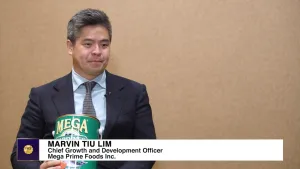



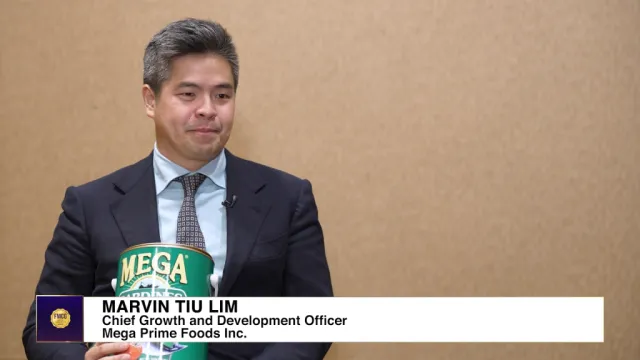
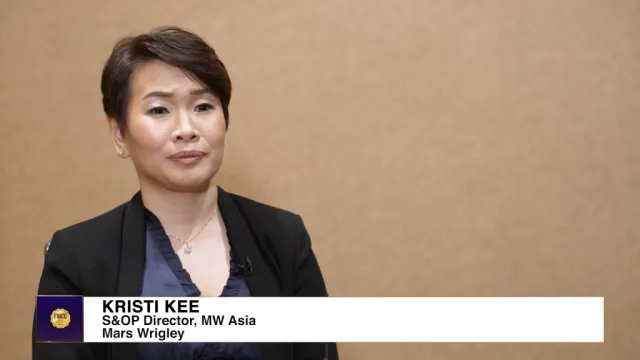

 Advertise
Advertise
